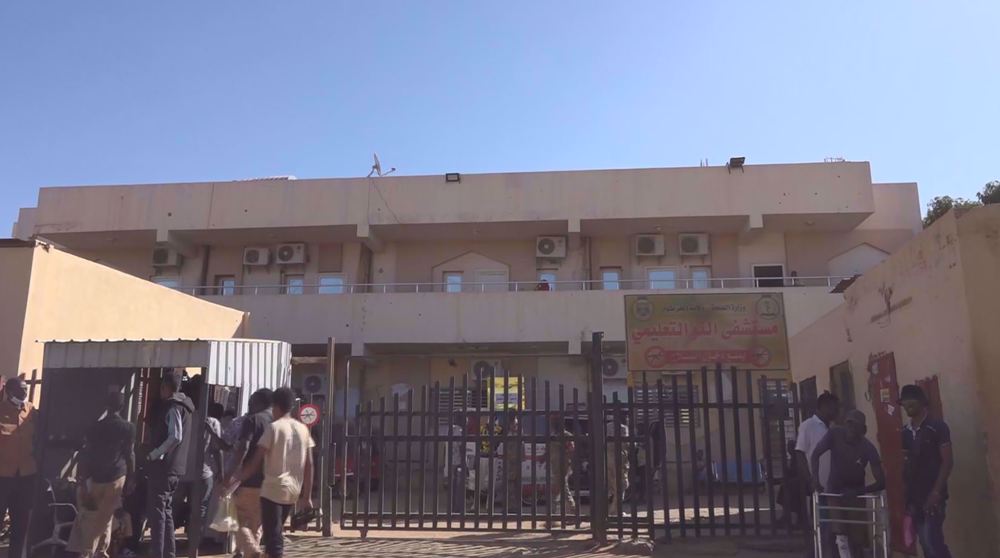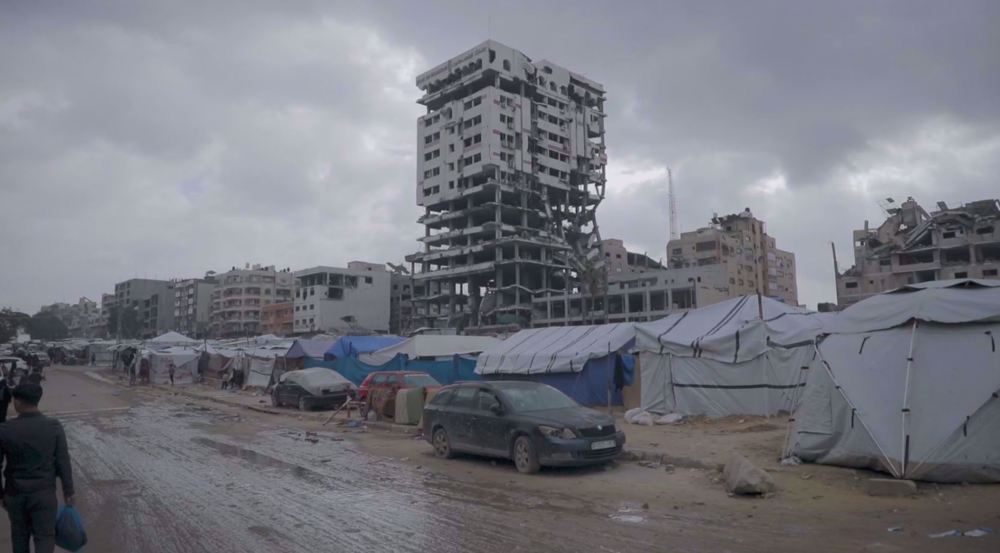The fate of refugees in Europe’s largest camp
Saeed Pourreza
Press TV, London
These refugees have seen everything they had reduced to ashes overnight, and are now sleeping on roads, in fields and car parks after fleeing Europe’s biggest camp, where about 13,000 of them used to live in squalor until a few days ago.
Made to house 3000 people, Moria camp in Lesbos, just off the coast of Turkey, had long been known for its cramped and unsanitary conditions. At the same time, attacks by racists and fascists are continuing.
The Greek government says refugees and migrants started the fires deliberately to protest against COVID-19 quarantine rules, but that efforts are underway to provide shelter to the homeless.
Between 2015-2016, thousands of people, a lot of them fleeing war, prosecution and poverty, made the journey across the Mediterranean from Turkey to the Island of Lesbos, hoping to find safety in Europe.
In the recent past, EU nations have offered to resettle some of these people, but they have remained divided over who should accept how many if at all.
On September 7th, German activists set out 13,000 empty chairs in Berlin calling for the evacuation of refugees stuck in Moria. For now, along with France, Germany has only offered to take in the lion’s share of 400 unaccompanied minors.
The recent disaster has raised some urgent questions, such as who should look after these homeless migrants and refugees, and whether Greece and the EU will now rethink their asylum policies.
VIDEO | Sudan’s healthcare system nears collapse amid conflict
VIDEO | Gazans struggle to survive as they welcome New Year
VIDEO | Saudi-UAE rift over Yemen
VIDEO | Saudi airstrikes target UAE-backed forces at Yemen's Mukalla Port
Iran does not fear war; but ‘narrow window of opportunity’ for dialogue remains open, FM says
Iran says $2bn of frozen assets released by neighboring country
Somalia erupts in massive protests over Israel's recognition of Somaliland
Israel committing 'systematic genocide' against Palestinian prisoners: Advocacy groups









 This makes it easy to access the Press TV website
This makes it easy to access the Press TV website